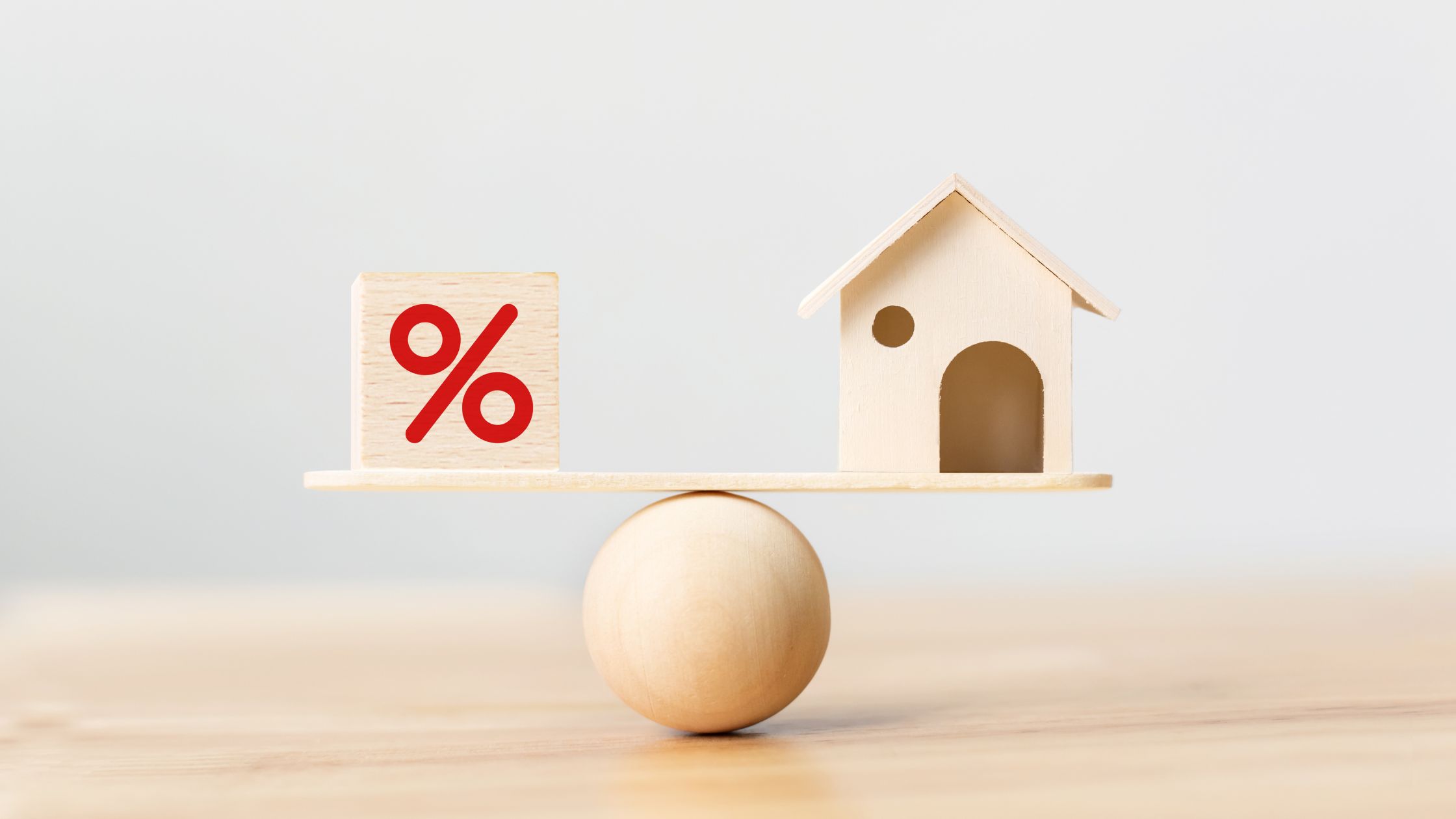If you’re like most homebuyers, interest rates are a primary concern when purchasing a home or refinancing. But how are mortgage rates determined, what factors cause rates to rise or fall, and what can you do to make sure you get the lowest possible rate for your mortgage?
To better understand how to secure a lower interest rate, you must first understand the internal and external factors influencing your mortgage rate. Armed with information, you can have confident conversations with your lender, ask questions, and better understand your loan options.
What factors influence mortgage interest rates?
There are many variables that go into determining mortgage interest rates. Understanding the key factors affecting your rate can help you choose the best mortgage product for you.
- Economic conditions: Economic factors and government monetary policy are some of the largest driving forces behind mortgage rates. Five of the major factors at play include the Federal Reserve’s monetary policy, economic growth, the housing market, inflation, and mortgage-backed securities (MBS) along with the bond market. While these factors don’t directly affect mortgage rates, they can indirectly cause mortgage rates to rise. For example, you typically get higher mortgage rates during periods of high inflation and lower ones with low inflation.
- Credit score: Your credit score serves as a risk indicator for lenders, predicting how likely you are to pay back a loan based on your credit history. With mortgage lending following a risk-based pricing strategy, the higher the credit score, the lower the interest rates and terms you’ll qualify for. Regardless of where interest rates are now, maintaining an excellent credit score could mean saving hundreds of dollars on your monthly mortgage payment and tens of thousands over the lifetime of the loan.
- Down payment: A common theme seen within the homebuying process is the higher the down payment provided, the lower the interest rate. A larger down payment means less risk to the lender. If you can comfortably put 20% or more down, you’ll likely secure a lower interest rate. If you cannot make a down payment of 20% or more, you may be required to pay private mortgage insurance (PMI), which will increase your monthly mortgage payment.
- Home location: Interest rates can vary depending on the location of the property you’re looking to purchase. These variables include the state’s foreclosure laws, whether the property is in an urban or rural area, and mortgage default risk, among other factors.
- Type of loan: Common types of mortgage loans include conventional, jumbo, FHA, USDA, and VA loans. Interest rates vary among types of mortgage loans because they have different qualification requirements. For example, most lenders require at least 10% down for a jumbo loan, while most conventional loans allow as little as 3% down.
the bottom line
Mortgage interest rates have a significant impact on the overall long-term cost of purchasing a home or refinancing. For this reason, taking the time to understand the variables affecting your interest rate and shopping with multiple lenders can save you thousands in the long run.
Let’s get started
Use our free mortgage and amortization calculators to determine your monthly payment, including mortgage insurance, taxes, interest, and more.
To get started with the mortgage loan process, get a free rate quote or fill out our online loan application to get pre-approved!
No SSN required. Zero impact to credit. Your Information is never sold.



